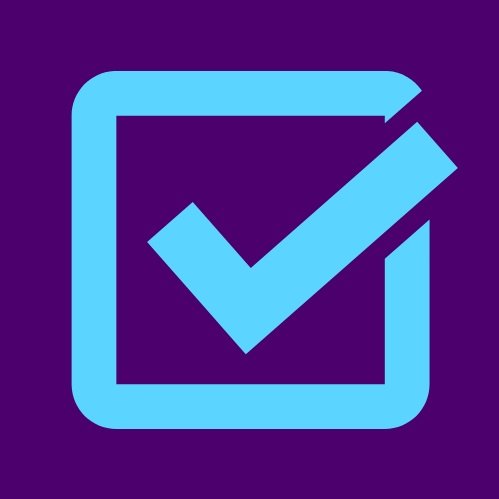Make Access A Practice Tip #3: Provide a Way to Request Accommodations
Welcome back to #MakeAccessAPractice! In this series, we are sharing a weekly tip on how you can practice accessibility in your work. Over the past few weeks, we have been discussing how to make your organization’s work more accessible to disabled people. So far, we’ve discussed the importance of adding alternative text to your graphics and captioning your videos. This week, we will focus on accommodations.
Today, we will be discussing program accommodations: what they are, why they’re important, and how to ensure that your program attendees can request them.
What Are Accommodations?
Accommodations are adjustments to a program, activity, event, or job that make it possible for a disabled person to participate equally. Most organizations are used to hearing about accommodations for employees in the hiring process and work environments, as providing reasonable accommodations is required by the Americans with Disabilities Act. However, it’s important to think about accommodations in other aspects of your organization, such as your programs and events. There are legal requirements for “places of public accommodation,” including nonprofits and businesses, to not discriminate against people with disabilities and to be accessible. Beyond that, it is critical for organizations committed to inclusion to think about accessibility as a value and incorporate it in every aspect of their work.
Providing Accommodations in your Programming
There are many times when you should think about providing accommodations.
Of course, one of the most important considerations is in hiring and employment. This is a complex topic, but if you want to learn more, we recommend reading the Job Accommodation Network’s Employer Resources.
Today, we are going to focus on providing accommodations in your programming. This can include:
Information sessions and webinars
The application process for a campaign training program or other opportunities
Events such as fundraisers, networking opportunities, and conferences
Campaign training programs, both virtual and in-person
Next week, we will go into more detail about a few ways you can provide accommodations, and how to let participants know what accommodations are already available.
Have a Way to Request Accommodations
People who want to apply for or attend your program must be able to request accommodations. Even if you’re providing accommodations such as American Sign Language interpreters for an event, people may have other access needs! It is important to give participants a way to contact your staff and request an accommodation.
There are a few ways you can do this.
#1: List a dedicated point of contact for requesting an accommodation.
Designate somebody on your staff to handle accommodations requests, and list their contact information on your event signup form, application page, or program page. You can also designate a special inbox for accommodations requests, such as accessibility@yourorganization.com. However, it is still important to designate someone on your staff to monitor that inbox and handle requests. That person should be knowledgeable about what accommodations your organization can provide. They should be able to promptly handle the requests and either be able to arrange those accommodations or work with someone in your organization to provide those accommodations.
List the instructions on how to request an accommodation prominently on your program or application page. For example: “If you need to request an accommodation, please contact Jane Smith at jane.smith@yourorganization.com or 555-123-4567.” If you have a deadline for requesting accommodations, list that as well.
#2: Include an accommodations request form field
If your event or program has a sign-up form, you can create a form field where someone can request an accommodation. Just like with having a dedicated inbox or point of contact, make sure that you regularly monitor the responses so you can promptly respond to any accommodation requests. Even if you have an accommodations form field, you may want to list a point of contact. People may have questions about the event or program and want to reach out to your organization for more information.
Respond Promptly to Accommodation Requests
It is important to respond promptly to accommodations requests. Some accommodations requests can be time sensitive, such as arranging for ASL interpretation or live captioning services. It’s also very important for disabled people to know if they will be accommodated. Many people have to plan to attend an event, and this is especially true for disabled people who may have to plan time off work, find accessible transportation, or plan to have a personal care attendant come with them. Never ignore accommodations requests. Communicate with disabled people about what you are and are not able to do, and make your best effort to accommodate them (this is where planning for accessibility from the start comes in!).
If you’re having trouble meeting their accommodations request, work with them to see if there is an alternative accommodation that you can provide. If you’re absolutely not able to make an accommodation, it is important that you are transparent and communicate that information. Also, use it as a lesson for planning future events and programs so that you can think about accessibility from the start and make your programming more accessible and inclusive in the future.
Accommodations are a big subject, and next week, we will talk about the importance of listing the accessibility information and accommodations information that you already plan to have for your event or program. Stay tuned and join us next week to #MakeAccessAPractice!
Disability Victory is able to create resources like #MakeAccessAPractice thanks to generous supporters. Please support our work.

